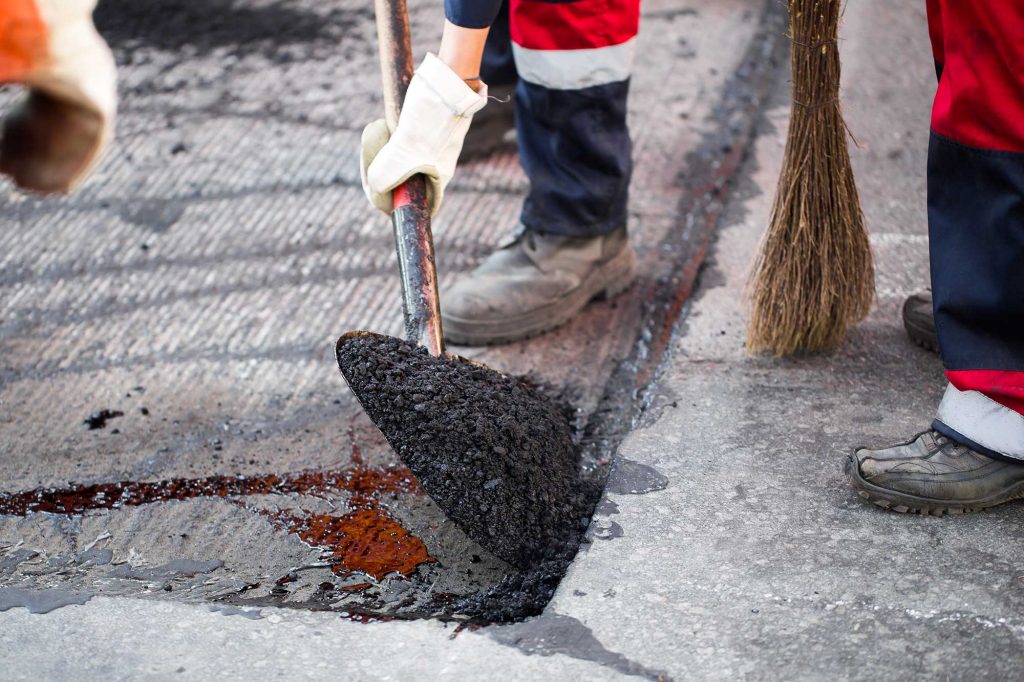How Recycled Asphalt Can Save You Money on Paving
Paving projects can be costly, but recycled asphalt offers an affordable and eco-friendly solution without compromising quality. Whether you’re repaving a driveway, parking lot, or road, using recycled asphalt can significantly reduce expenses while still delivering durability and performance. What Is Recycled Asphalt? Recycled asphalt is made from reclaimed pavement materials that are crushed, processed, and reused in new paving projects. Instead of sending old asphalt to landfills, this sustainable approach repurposes it for fresh applications. The result is a high-quality surface that looks and functions like traditional asphalt but at a lower cost. How Recycled Asphalt Lowers Paving Costs 1. Reduced Material Costs Traditional asphalt requires new raw materials like gravel, sand, and bitumen. In contrast, recycled asphalt repurposes existing materials, significantly cutting down production costs. This cost efficiency is passed down to property owners, making it a budget-friendly option for paving projects. 2. Lower Installation Expenses Because recycled asphalt has already been processed, it is often easier and faster to install than new asphalt. The material compacts well and requires less binder, reducing labor costs and installation time. Contractors can complete paving projects more efficiently, saving you money on both materials and labor. 3. Minimal Maintenance and Repairs Recycled asphalt surfaces are highly durable and resistant to wear and tear. They provide excellent compaction, reducing the likelihood of cracks and potholes. As a result, maintenance costs are lower, and repairs are needed less frequently, saving property owners money in the long run. Eco-Friendly Benefits of Recycled Asphalt 1. Sustainable and Environmentally Friendly Using recycled asphalt helps reduce landfill waste and conserves natural resources. Instead of relying on new raw materials, this process reuses existing pavement, making it a more sustainable choice for the environment. 2. Lower Carbon Footprint Producing new asphalt requires significant energy consumption and emissions. By opting for recycled asphalt, you contribute to lower greenhouse gas emissions, as it reduces the demand for new asphalt production and transportation. 3. Improves Water Drainage Recycled asphalt has better permeability, allowing rainwater to drain more efficiently. This feature reduces water pooling and helps prevent erosion, making it a great option for driveways, roads, and parking lots. Where to Use Recycled Asphalt 1. Driveways and Parking Lots Homeowners and businesses can use recycled asphalt for cost-effective, durable, and aesthetically pleasing driveways and parking lots. It provides a smooth, high-quality surface with excellent traction. 2. Roadway Resurfacing Municipalities and construction companies frequently use recycled asphalt for road repairs and resurfacing projects. It blends seamlessly with existing pavement, creating a smooth, long-lasting surface. 3. Walkways and Pathways For those looking to build a cost-efficient walking path or bike trail, recycled asphalt offers a durable and low-maintenance option. It withstands foot traffic and varying weather conditions while remaining budget-friendly. Make the Smart Choice with Recycled Asphalt Choosing recycled asphalt for your next paving project is a smart financial and environmental decision. It lowers costs, reduces maintenance, and contributes to a more sustainable future. If you’re considering using recycled asphalt for your property, contact our team today to learn more about our paving solutions. Explore more expert insights on paving—visit our Cooper Paving Specialists LLC blog today!

